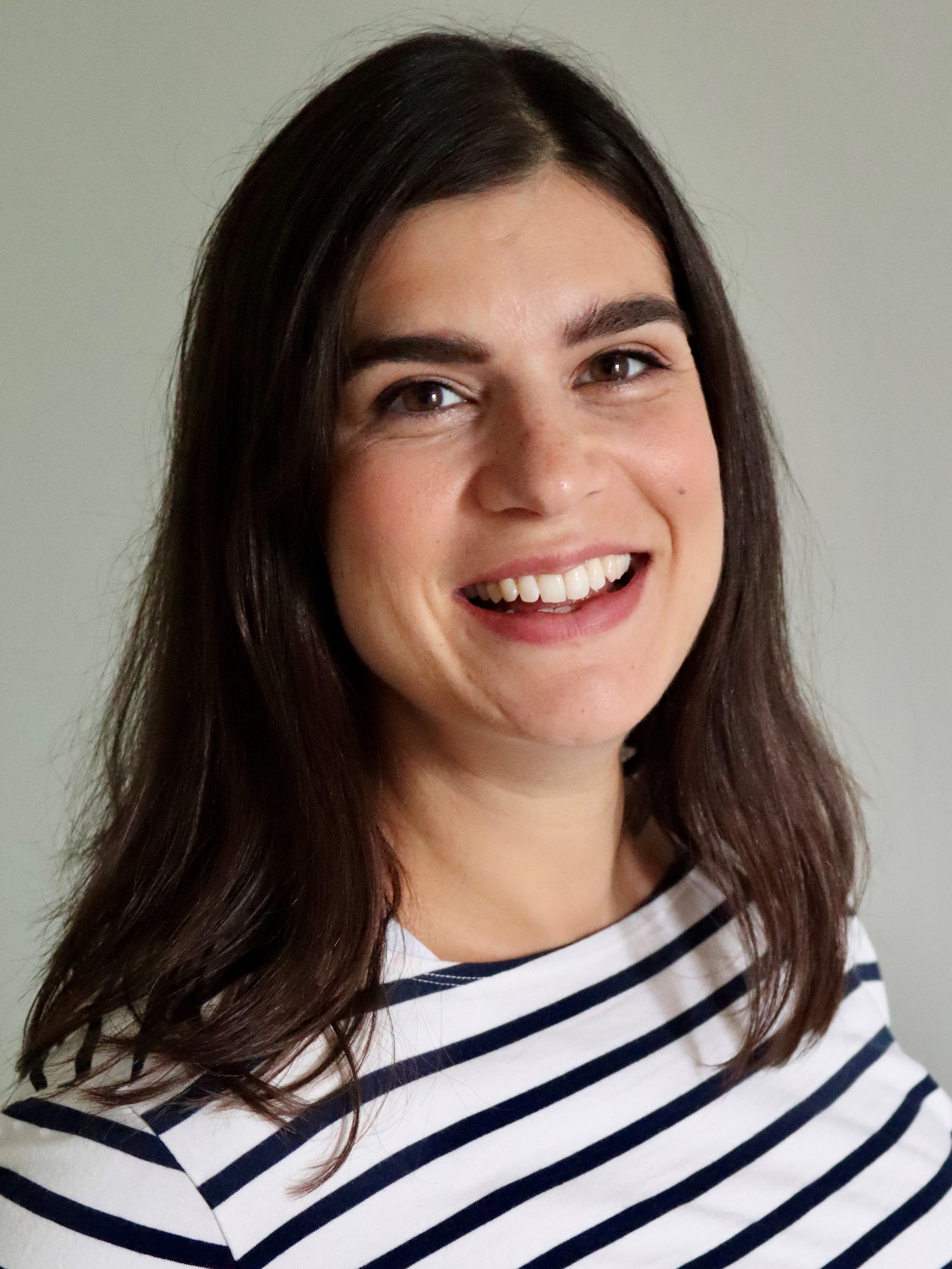Claudia Bruns
(née Heilemann)
I am a Stroke Association-funded Research Fellow in the UCL Department of Language & Cognition. My Postdoctoral Fellowship project seeks to evaluate the impact of an app-based sentence therapy for post-stroke aphasia on individuals’ communicative skills, and explore the intervention’s acceptability and feasibility based on participant and clinician views. I will also investigate the usefulness of automatic speech recognition tools for clinical practice.
My doctoral research explored the role of common multi-word utterances in chronic aphasia. In my PhD project, I looked at how people with post-stroke aphasia use and recognize common combinations, and how these can be systematically applied to aphasia rehabilitation. My project combined a frequency-based approach with a methodology motivated by Conversation Analysis, and I applied implicit measures (using the word monitoring paradigm) to investigate language processing. From 2015 - 2017, I coordinated the UCL CSLIR Aphasia Research Group.
My journey at UCL began with a research internship in the ‘Better Conversations’ team, led by Dr Suzanne Beeke, during my M.A. training in Speech and Language Therapy. At this time, I was a student at the University of Munich, where I was also awarded an undergraduate degree in Speech and Language Therapy.
Read more about my PhD project here.
Twitter: @claudihei
Key publications:
Bruns C., Beeke S., Zimmerer V.C., Bruce C., Varley R.A. (2021). Training flexibility in fixed expressions in non-fluent aphasia—a case series report. International Journal of Language & Communication Disorders, 56, 1009– 1025. https://doi.org/10.1111/1460-6984.12652
Bruns, C., Varley, R., Zimmerer, V.C., Carragher, M., Brekelmans, G., & Beeke, S. (2019). “I don’t know”: a usage-based approach to familiar collocations in non-fluent aphasia. Aphasiology, 33(2), 140-162. DOI: 10.1080/02687038.2018.1535692
Heilemann, C., Varley, R., Zimmerer, V., & Beeke, S. (2017). "A great deal" versus "a fair deal": Does collocation strength determine processing speed in aphasia? Poster presentation. 18th International Science of Aphasia Conference, Geneva, 11-14 September, Stem-, Sprak- en Taalpathologue, 22, Suppl 2, 75-77. (available at: http://sstp.nl/article/view/30097)
Best, W., Maxim, J., Heilemann, C., Beckley, F., Johnson, F., Edwards, S.I., Howard, D., & Beeke, S. (2016). Conversation Therapy with People with Aphasia and Conversation Partners using Video Feedback: A Group and Case Series Investigation of Changes in Interaction. Frontiers in Human Neuroscience, 10(November), 1-14. https://doi.org/10.3389/fnhum.2016.00562
Heilemann, C., Best, W., Johnson, F., Beckley, F., Edwards, S., Maxim, J., & Beeke, S., (2014). Investigating treatment fidelity in a conversation-based aphasia therapy. Aphasie und verwandte Gebiete (2), 14-26. (available at: http://discovery.ucl.ac.uk/1446926/)
